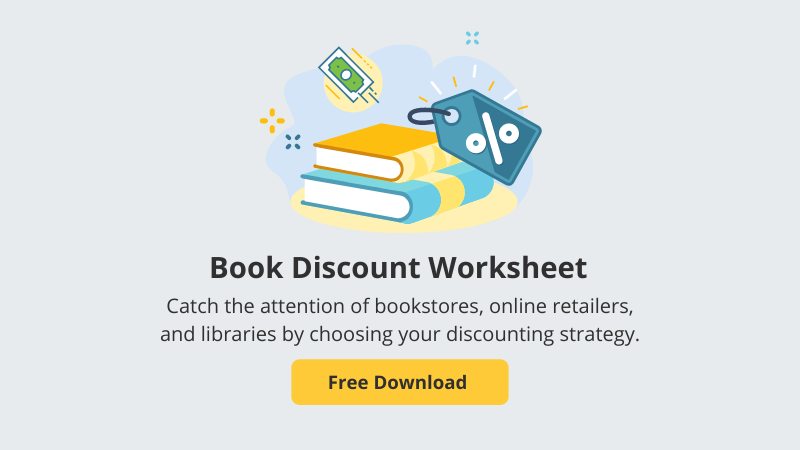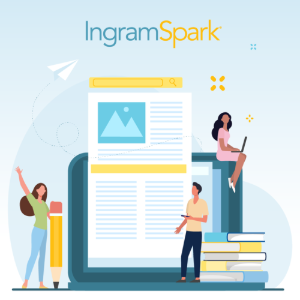Library Organization and Purchasing Decisions
America's libraries fall into four basic types: Public, School, Academic and Special (armed forces, government, corporate). Like bookstores, most libraries purchase content from book vendors rather than directly from publishers. If your book isn’t in a library vendor catalog, you're already behind the curve.
Hardcover formats are generally preferred for their durability — they last longer in circulation. However, libraries don't limit themselves to hardcover books — they'll order paperbacks and offer ebooks too. It's good to have multiple formats for them to choose from to provide the best selection for their readers. A smart option may be to label your hardcover as a library edition to help it stand out. Offering that format with a full trade discount and returnable status is preferred, but not required by most libraries, especially if there is demand for the content.
Importance of Reviews
For both public and academic libraries, decisions to purchase are typically based on professional reviews that librarians recognize and value. Getting a positive review in a publication that both vendors and libraries recognize is critical to getting your book purchased by libraries. It's best to get these reviews well in advance of your book's publication date. If you're interested in submitting your forthcoming book for review, here is a list of a few of the top library review media. Keep in mind that many of these publications require submission prior to your book's publication date.
- Library Journal: Adult
- Kirkus Reviews: Adult and Youth
- Publishers Weekly and PW Children’s: Adult and Youth
- Booklist: Adult and Youth
- Indie Author Project: Youth
- School Library Journal: Youth titles
- Choice Magazine: Academic
- Bulletin of the Center for Children’s Books: Youth
- Horn Book: Youth
Check out our Experts page for help with book reviews, marketing, and publicity.
Libraries Require Good Book Metadata
Just as IngramSpark has been pounding the drum about good book metadata in selling to bookstores, librarians are just as demanding. Here are the must-haves for your book to even be considered for purchase by a library:
- A good cover image
- A Library of Congress control number: Create an account to participate in the Preassigned Control Number (PCN) program to receive a control number in advance of your publication date. Keep in mind that a full MARC is also good to have, but a CIP (abbreviated MARC record) will do.
- Accurate BISAC or subject codes: Three is better than one, and specific is better than general.
- Thema: Similar to BISAC codes, but with a focus on global applicability. Thema better classifies your book and has become an important piece of metadata for libraries.
- A well-written description that draws readers in
- Accurate age range (intended audience based on comprehension level)
- Regional information: Is the book about a specific place or is the author from a specific region? This can help get the book placed in libraries near those areas.
- Author affiliations are particularly important in the academic world—if a professor at University X writes a book, chances are high for course adoption, or at least that the library will purchase a few copies. Many library profiles feature an inclusion list of affiliated authors which is generally a mixture of authors who are current or past faculty members, or who write about a certain place.
Get Involved
Keep in mind that, unlike bookstores, libraries are more focused on community engagement than driving revenue. If you want your book to be available in a library, there must be a demand for it, and it's up to you to help create that demand. Engage with libraries to see if they'll host an author event.
Like bookstores, many public and even academic libraries now offer writing and publishing workshops to their local community of writers and students. If your local library offers such a program, this is a great opportunity for you to learn what librarians know about publishing. Ideally, you should be both a patron of your local library as well as a customer of your local bookstore prior to publishing your first book.
Additionally, ask friends and family to visit their local libraries and ask for your book. Consider a booth or table at events like American Library Association (ALA) shows. You can even join with other authors to share a booth or table and split the cost.
There are so many things you can do to drive sales and readership of your book, and getting into libraries is just one piece of the self-publishing pie.













